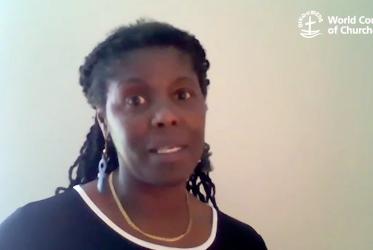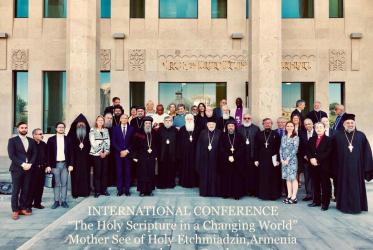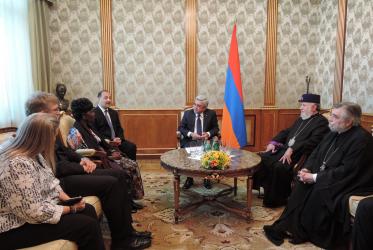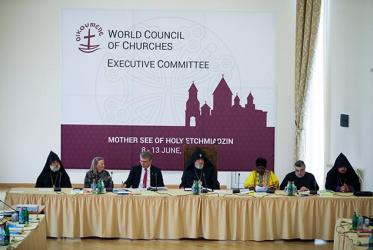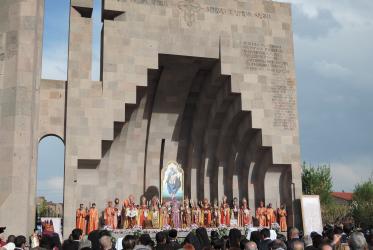Displaying 21 - 40 of 65
An interview with the Ethiopian Patriarch, Abune Matthias
14 February 2017
WCC leaders meet President Serzh Sargsyan
11 June 2015
Reflections on the destruction of the Armenian church in Deir Zor
05 November 2014
